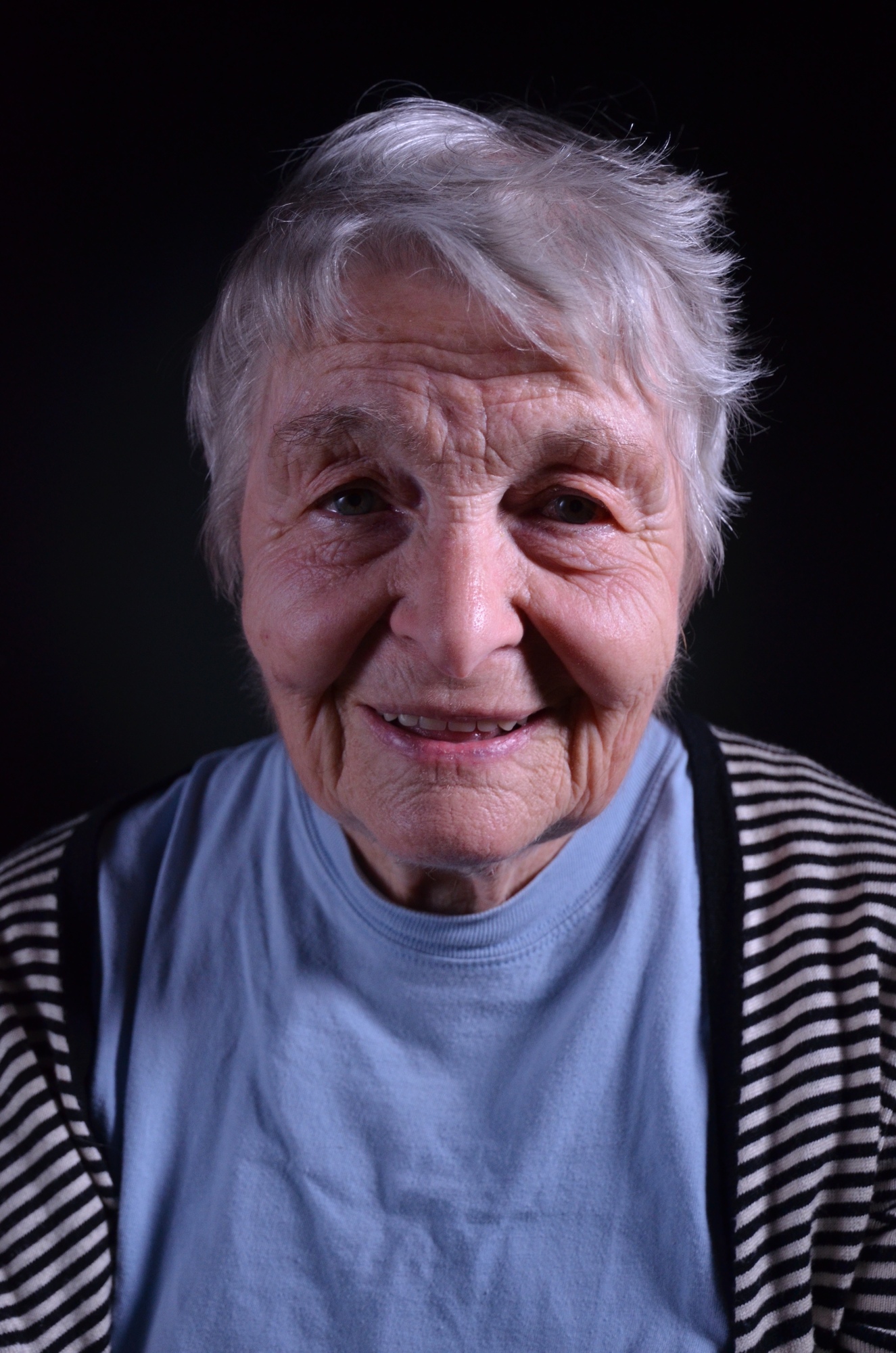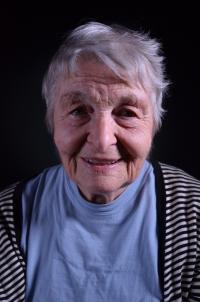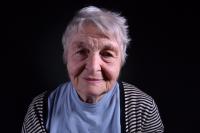You shouldn’t give up, you should fight
Frideta Seidlová was born in January 1931 in Kraków, Poland. Her parents were Czechoslovak Jews. Her father was a trader with printing inks, her mother helped him with the business. Her parents were taking careful note of the political events in Europe, and thus when the German Nazi army attacked Poland, they decided to escape. After journeying on foot for a month they reached the Polish-Soviet border. When the Soviet Union annexed a part of Poland, they became fugitives on Soviet territory. They moved onward to Lviv. However, there they were arrested by soldiers and sent by train to Siberia. They ended up in a labour camp, but luckily the family remained together. Probably in summer 1941 they were released from captivity, and they set off over the Urals to Tashkent in Uzbekistan. They family ended their years-long journey in Czechoslovakia. They settled there, after the war Frideta Seidlová studied botany and worked at the Institute of Experimental Botany of the Czechoslovak Academy of Sciences in Prague. The main focus of her extensive scientific work lies in plant morphogenesis.


